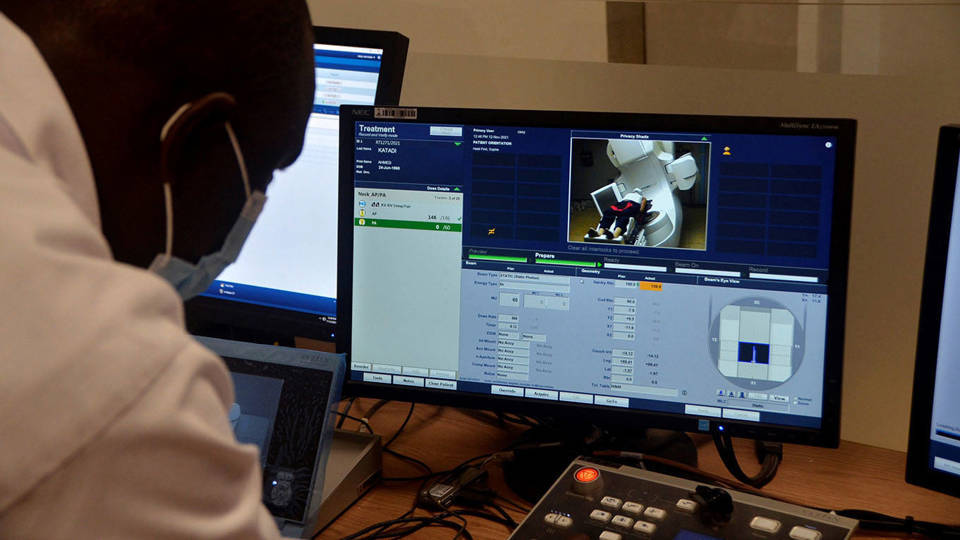
When it comes to reducing the burden of cancer – particularly among high-risk groups, such as older men and men in lower-income countries – prevention is better (and cheaper) than searching for a cure. To this end, a holistic approach that combines personal responsibility with community and government action is vital.
SILVER SPRING – A recent study projected a troubling global rise in cancer among men, from 10.3 million cases in 2022 to 19 million by 2050 – an 84% increase. Deaths are expected to increase from 5.4 million to 10.5 million per year during the same period, with two demographic groups – men aged 65 and above, and men in low- and middle-income countries – facing the biggest increases. In Sub-Saharan Africa alone, male cancer deaths could reach one million annually, driven by factors like limited health-care access and lack of screening services, which contribute to late-stage diagnoses.

